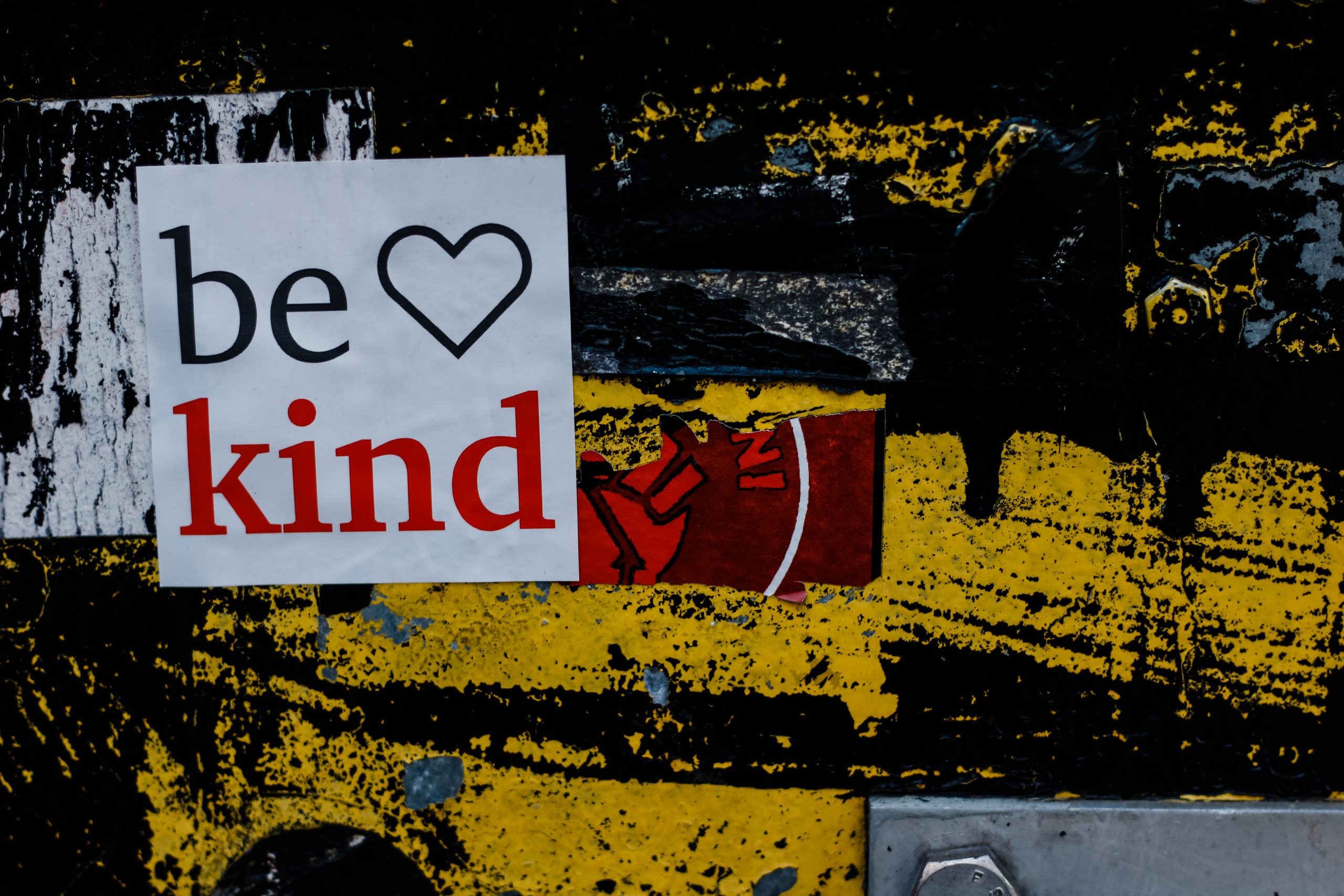
Parents want their child to be a lot of good things – a doctor, a lawyer, a successful business owner. While this is great, there is also one thing to remember – you should want your child to be kind. Notice how we say you should want it for your child? That’s because only when you want it, you’ll go after it. Kindness is a teachable trait and it is especially easy to nurture in young children.
Kindness begins with you. Children are always looking at and copying the actions of the adults around them. When you model kind behaviour, you teach your child to be kind. Otake, Shimai, Tanaka-Matsumi, Otsui, & Fredrickson in their study describe three components of kindness:
For children to be kind, they need to be aware of the people around them. You can help your child to be aware of how the people around her is feeling by highlighting their emotions. Is someone crying and sad? Let her know that. Is someone screaming and happy? Let her know that. Most importantly, highlight your own emotions to your child. Let her know when you are delighted and when you are upset.
Most of the children who became a bully has some history. And that history usually came from their home. It may not be in physical form, but teasing can have a bad impact on a child. Check how you tease your child, if you do – are you demeaning, taunting or degrading? Words have a massive influence on someone, so be careful even when your intentions are good.
Children also need to learn the impact of their behaviour in order for them to be kind. You have a lot of opportunities to point out how your child’s behaviour is affecting you, your partner, and anyone else around. When she is behaving well, let her know how everyone appreciates her and when she is behaving otherwise, let her know how she can make everyone feels better.
Here’s a situational tip for when your child talks to you in a rude fashion:
Child: Give me cereal!
You: Mom, can I have some cereal please?
Child: I want my cereal!
You: Mom, can I have some cereal please?
Child: Fine – Mom can I have some cereal please?
You: Sure, honey. Thank you for asking so nicely.
When your child talks to you in a disrespectful manner, simply rephrase her with how you would like her to talk to you. Avoid discussing the issue straight away until later. Let’s together raise kind children for the world!